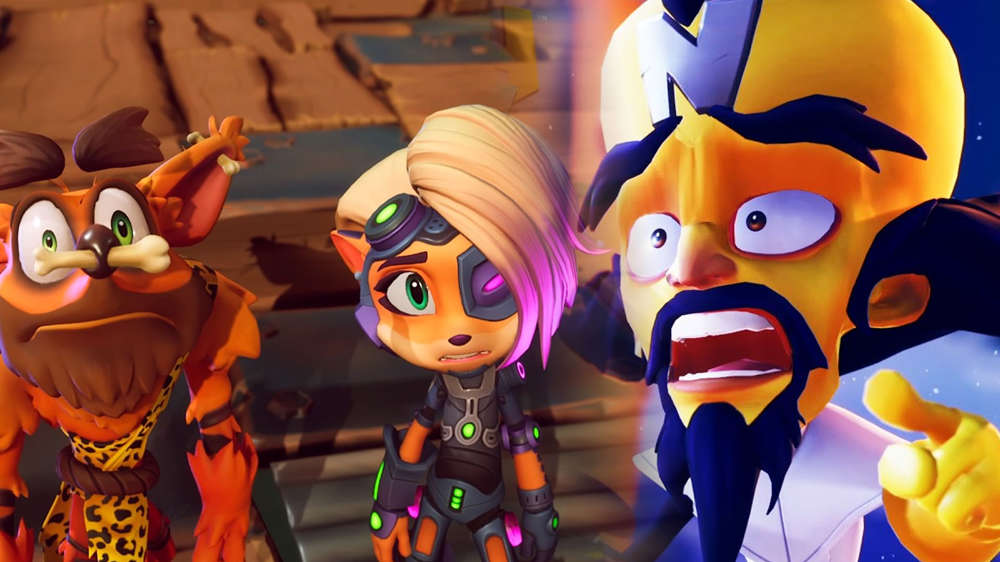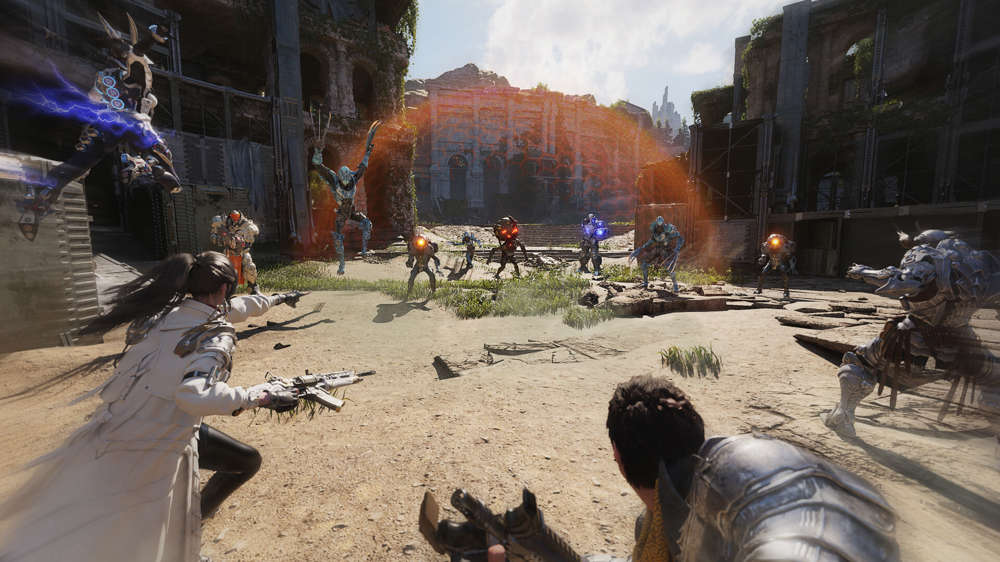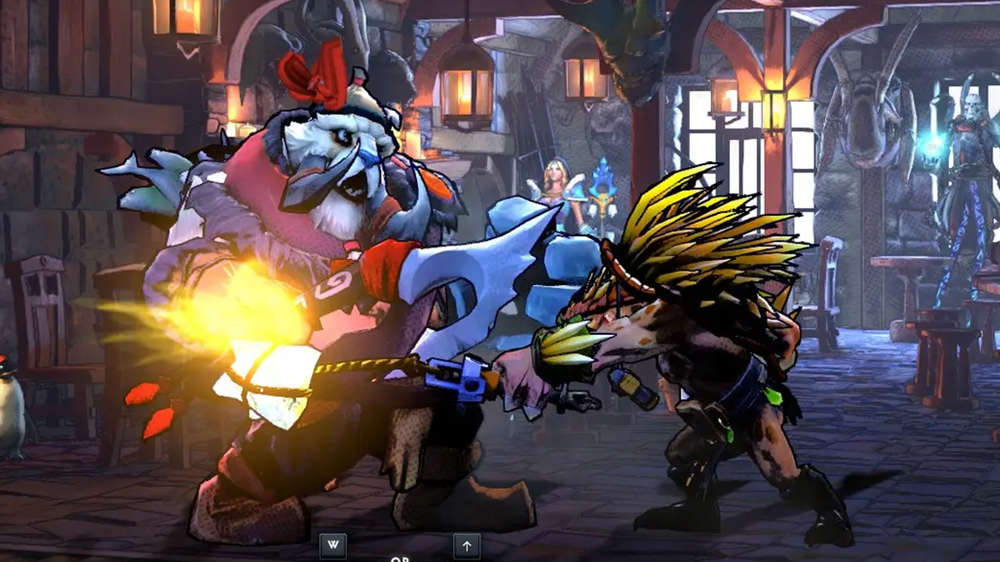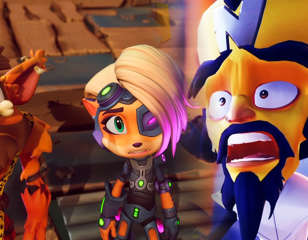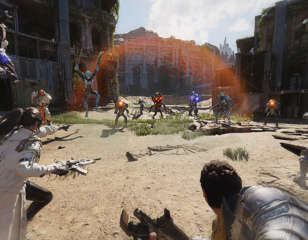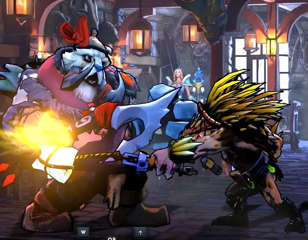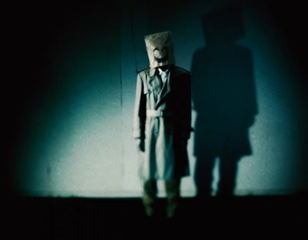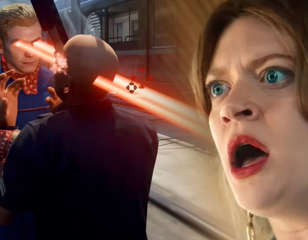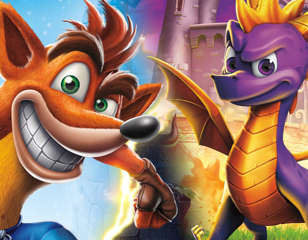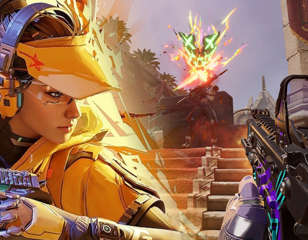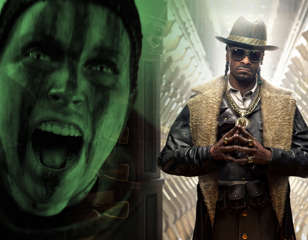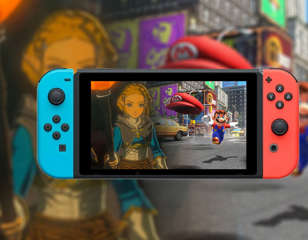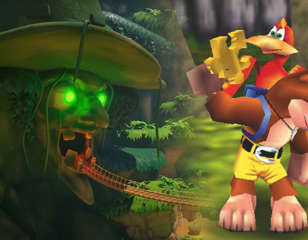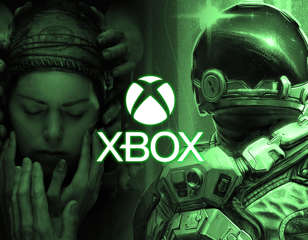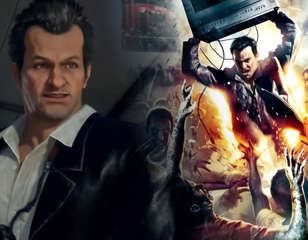Playing On Easy Mode Doesn't Make You A Lesser Gamer
The debate on video game difficulty has raged for years, but the fact has never changed - playing on a lower difficulty is no less valid than playing on a higher one.

Joseph Kime
08th Feb 2022 16:49
FromSoftware | Nintendo
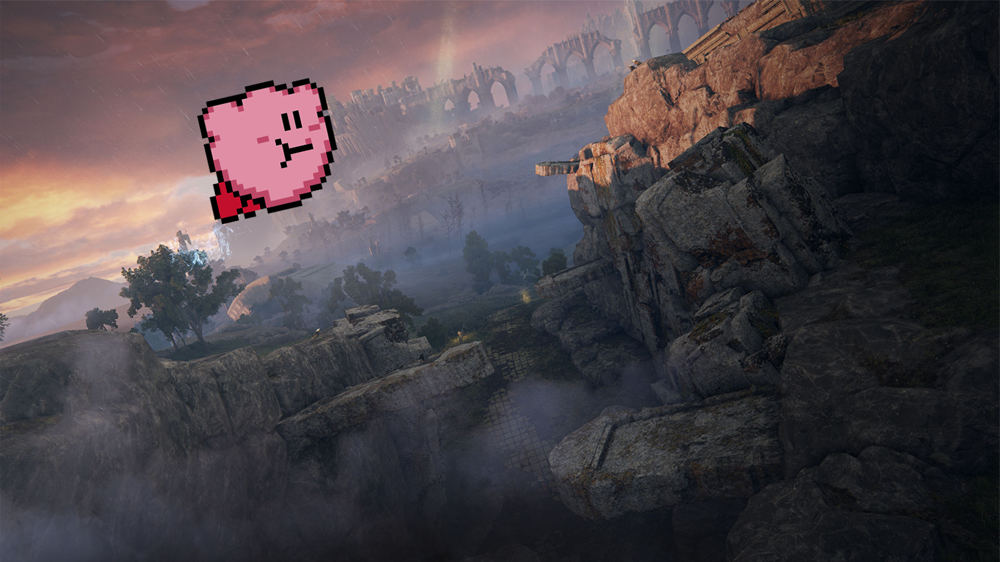
The leading reason that video games exist is to entertain, even if the snide "they exist to make money, actually", is a hard point to resist expressing. It's easy to forget this in a world inundated by AAA titles finished after launch and riddled with microtransactions, but purely, the reason we engage with them is that simply, they're fun. Of course, some titles will emphasise terror, poignancy, and artistry to stand out, but you know why you're into the medium. But, whether you're shooting goons, parkouring over rooftops, or tending to your crops, there's a returning discourse that demands attention from the depths of the most gruelling fanbases - the argument about gaming difficulty.
All it takes is a single post in r/DarkSouls to kick off, and suddenly, the entire internet is talking about just how distressing their video games need to be in order to be enjoyable. But, it never seems to be considered that really, we need easy games. Because if we didn't have them, none of us would get the chance to get to the brutal stuff in the first place.
The Easy Mode Is A Crucial Part Of Video Games
A lot of the discourse around the way games are played sources from, plain and simple, bullying from elitists - it's not entirely uncommon for general gamers and streamers alike to be dogpiled for opting for an easy game mode, or even one that puts the story first, never penalising the player for their mistakes.
It's a bizarre take in any instance, as though many games pride themselves on being hugely gruelling, video games have come a long way narratively over the years. The likes of The Last of Us and its sequel, The Walking Dead, even Red Dead Redemption 2 tell impactful, emotional, and poignant stories that heavily benefit from their medium. When it comes to experiencing these stories, it's commonly frowned upon not to go through it in the most brutal fashion - getting mauled by clickers for one minor error or getting merked on your way out of Saint Denis.
To shame players for selecting a version of the game that allows anyone, regardless of their prior gaming ability, to enjoy the game for what it is, is incredibly bizarre. It's a brand of elitism that consistently flies in the face of the movement for video games to be taken seriously in the mainstream (which, despite recent progressions, still has a way to go), and accessibility for all video game fans at the same time.
Many gamers owe their interest in the interactive medium to incredibly simple games, too - hell, if Call of Duty: Modern Warfare was exclusively of a Dark Souls-grade hair-pulling difficulty, the chances are that I wouldn't care for the progression of gaming whatsoever, and I'm confident the case is the same of many.
Has Dark Souls Fractured Our Perception Of Video Game Difficulty?

You've heard it before, and it's probably something that grinds your gears if you've been a part of the ongoing difficulty discourse. Supposedly, the Dark Souls series, along with its sister games Demon's Souls and Bloodborne serve as proof that some video games absolutely must be brutal to be enjoyable. The games use a combat and movement system that requires immense focus, and as such, are among the most punishing in video games - and most notably, the game has no difficulty options whatsoever.
Many argue that the games are moulded and shaped by their unforgiving AI and limited chances - yet, it doesn't have to be that way. Dark Souls has a rich world steeped in the gothic, with bizarre creatures on the backdrop of a world with seemingly infinite oddities. It's one that I'd love to explore, and yet, I simply can't.
Mock me all you like, but god-damn, Dark Souls is too brutal for me to get involved. It simply isn't fun for me, despite my genuine interest in its strange world, and the same goes for the sprawling fantasy playground in Elden Ring, which is likely to follow the same attitude to difficulty. FromSoftware have certainly become the harbingers of gaming suffering, and though the more sadistic subsection of the medium are allured to it, the brutal difficulty of the games close out a lot of potential fans.
Dark Souls has changed the way we look at difficulty in games - and though for many it's the one thing standing before a satisfying sense of relief, for others, it's generating shame from those who think the only real way to enjoy a game is to suffer.
Players Who Use Easy Mode Aren't Lesser
As Sifu has proven itself to be an unrelenting challenge, Elden Ring seems to be following suit in FromSoftware's tradition of offering no difficulty options, and Cuphead has a new DLC on the way, it's more prescient a reminder than ever that even though video games can be brutal, it doesn't make them any more valid than the likes of Ratchet & Clank or Kirby Star Allies.
Everyone has their reasons for loving video games, and sometimes, players want to be wrapped up in a blanket and dance through a story without much edge. If a game so brutal in nature as The Last of Us Part II can have a 'Very Light' difficulty option, then why are we still shaming those who choose to use it?
At the end of the day, the argument still rages on because the vocal minority haven't had their way yet, but it doesn't change a thing. Playing on a lower video game doesn't make you any less of a gamer, nor does it make your credentials in their community any less important. Video games are meant to be fun, and however you make them so, are more than welcome. Now, if you'll excuse us, we'll be enjoying Ratchet & Clank: Rift Apart on the lowest difficulty, and having a damn good time doing it.

About The Author
Joseph Kime
Joseph Kime is the Senior Trending News Journalist for GGRecon from Devon, UK. Before graduating from MarJon University with a degree in Journalism, he started writing music reviews for his own website before writing for the likes of FANDOM, Zavvi and The Digital Fix. He is host of the Big Screen Book Club podcast, and author of Building A Universe, a book that chronicles the history of superhero movies. His favourite games include DOOM (2016), Celeste and Pokemon Emerald.
